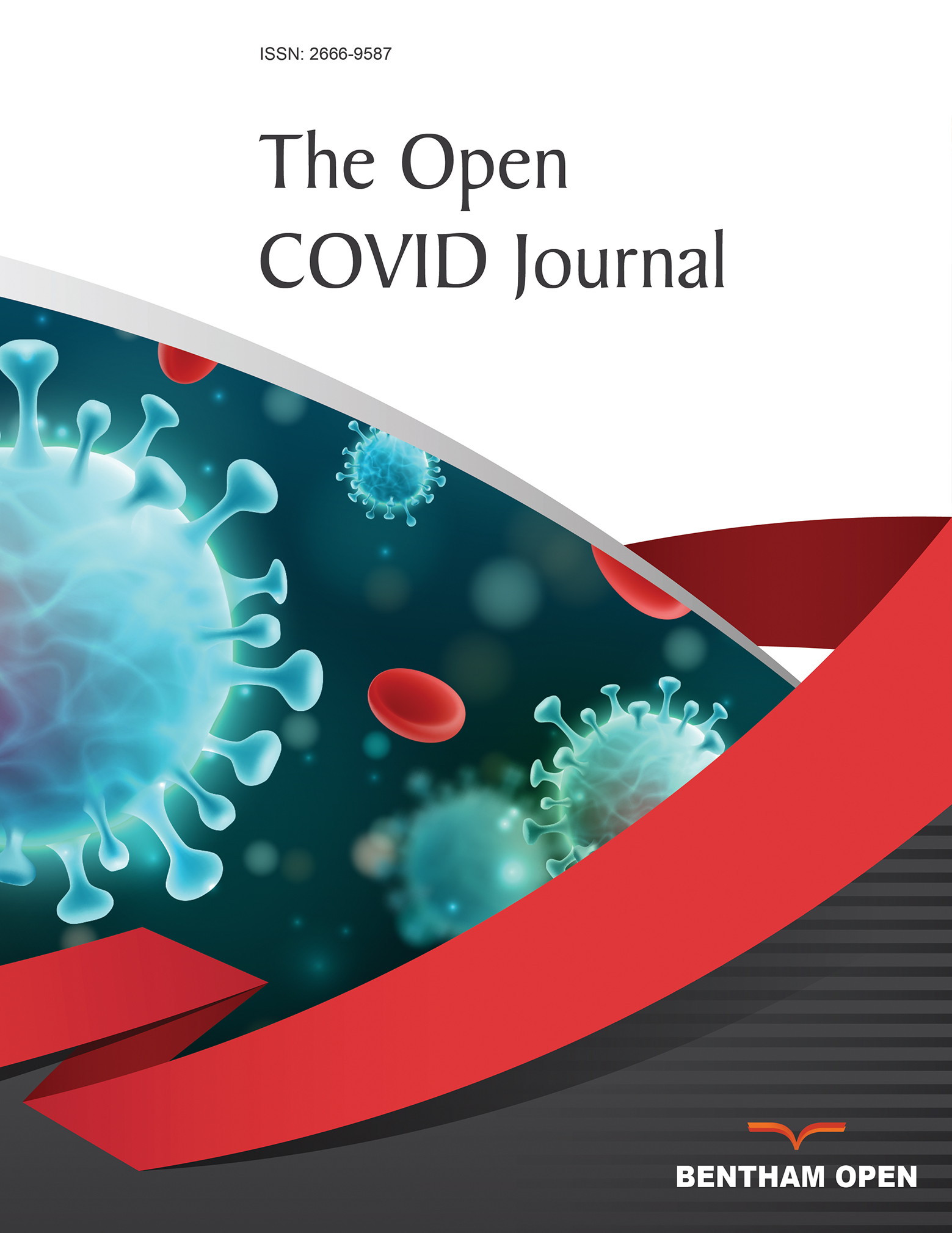All published articles of this journal are available on ScienceDirect.
COVID-19 Cardiac Complication- Myocarditis
Abstract
Based on the clinical experience, it has been observed that when it comes to the impact of SARS-CoV-2 virus on the cardiovascular system, it is significant. In patients with COVID-19 infection, the development of myocarditis occurs a few days after the onset of fever. The mechanism of myocardial injury alone, as well as most pathologies caused by the SARS-CoV-2 virus, is the subject of research by many experts, but two basic ways can certainly be assumed: a direct toxic effect of SARS-CoV-2 on myocardial cells and another possible way of myocardial injury is to activate the innate immune response by releasing proinflammatory cytokines, as well as to activate the adaptive mechanisms of the autoimmune type by molecular mimicry. The approach to treatment is the same as for other viral myocarditis; it is non-specific, applied supportive treatment, such as anti-inflammatory drugs, low-dose corticosteroid therapy, and immunoglobulins. The aim of this review is to present the previous experiences of physicians around the world on the clinical presentation of myocarditis caused by COVID-19 infection, diagnostic and therapeutic approach in a specific situation of high-risk infection.


